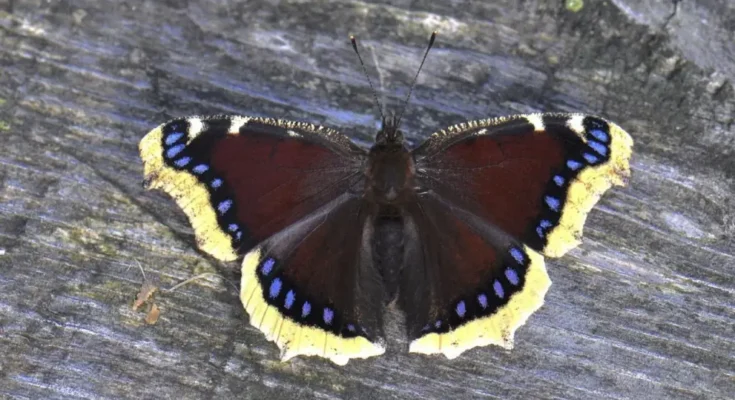For those who truly value nature and love spending time outside, gardening is an ideal pursuit. Caring for plants and flowers—watering them and keeping pests at bay—can be incredibly therapeutic. Whether you have a large garden or just a few pots on your balcony or indoors, being surrounded by greenery can lower stress levels, enhance your mood, and offer gentle physical activity.
Before you begin gardening, it’s essential to have some foundational knowledge. This includes selecting suitable plants for your local environment, understanding the watering requirements for each plant, assessing the soil quality, and other important factors.
The final result, whether newly grown flower buds or fruits and vegetables you were eager to taste, brings a pleasant sense of accomplishment.

One challenge of having plants is dealing with insects and rodents that can harm them. Managing pests is essential for keeping a garden healthy. While prevention is the ideal approach, it can be difficult to achieve. Fortunately, there are numerous methods to eliminate pests without damaging the plants, such as using chemical pesticides or more eco-friendly alternatives like organic sprays and companion planting.
Keep in mind that some insects are beneficial rather than harmful. If you want your garden to thrive, it’s important to research this topic.
A recent photo surfaced showing a leaf adorned with small, intricate black geometric patterns, resembling a serious infection. However, a quick search revealed that these unusual shapes are actually the eggs of the Nymphalis Antiopa butterfly.

The Mourning Cloak butterfly, commonly known by this name, deposits its eggs in groups. Initially, the eggs appear yellowish or greenish, but their color deepens as hatching time nears.
The eggs eventually hatch into caterpillars that are black with white spots and spines. They consume the leaves of the host plant before entering the pupal stage and transforming into butterflies.
You might think they damage the plant upon hearing this, but that’s not completely accurate.
In fact, these butterflies, can be quite beneficial because of several reasons.

They play a role in pollination by visiting flowers for nectar, though their impact is less significant compared to bees or monarch butterflies. Additionally, they consume decaying fruits, aiding in the decomposition process. Furthermore, they act as food for predators such as birds and spiders, which helps support local biodiversity.
If you discover these eggs or caterpillars in your garden and wish to remove them, avoid killing them. Instead, relocate them to a tree or shrub.
Please SHARE this article with your family and friends on Facebook.



